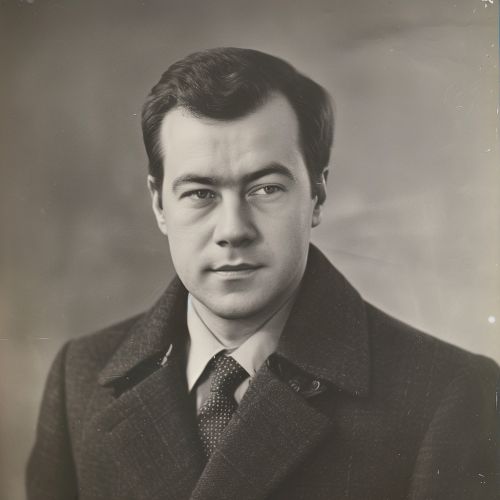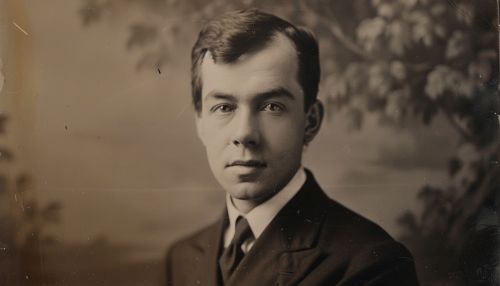Dmitry Medvedev
Early Life and Education
Dmitry Anatolyevich Medvedev was born on September 14, 1965, in Leningrad, Soviet Union. His father, Anatoly Afanasevich Medvedev, was a professor at the Leningrad Institute of Technology, while his mother, Yulia Veniaminovna Medvedeva, taught Russian language and literature at a school.
Medvedev completed his early education at School No. 305, a school renowned for its advanced teaching of mathematics and physics. After graduating from high school in 1982, he enrolled at the Law Department of Leningrad State University, where he studied under Anatoly Sobchak, a future politician and reformer.


Political Career
Early Political Career
Medvedev's political career began in 1990 when he was elected as an advisor to the Mayor of Saint Petersburg, Anatoly Sobchak. In this role, he was responsible for drafting laws and regulations for the city's government. He later served as the Deputy Mayor of Saint Petersburg from 1999 to 2000.
Presidency
On March 2, 2008, Medvedev was elected as the third President of the Russian Federation, succeeding Vladimir Putin. His presidency was marked by several significant events, including the Russo-Georgian War in 2008, the global financial crisis, and the implementation of modernization programs in Russia's economy.
Prime Minister
After serving as President, Medvedev was appointed as Prime Minister by his predecessor, Vladimir Putin, on May 8, 2012. As Prime Minister, he focused on improving Russia's economic development and implementing social reforms.
Personal Life
Medvedev is married to Svetlana Vladimirovna Medvedeva, and they have one son, Ilya Dmitrevich Medvedev. He is known for his interest in photography, music, and sports, particularly yoga and swimming.
Legacy and Criticism
Medvedev's presidency and prime ministership have been met with both praise and criticism. Supporters laud his efforts to modernize Russia's economy and his focus on social reforms. Critics, however, argue that his tenure was marked by a lack of political reform and an increase in state control over the economy.
